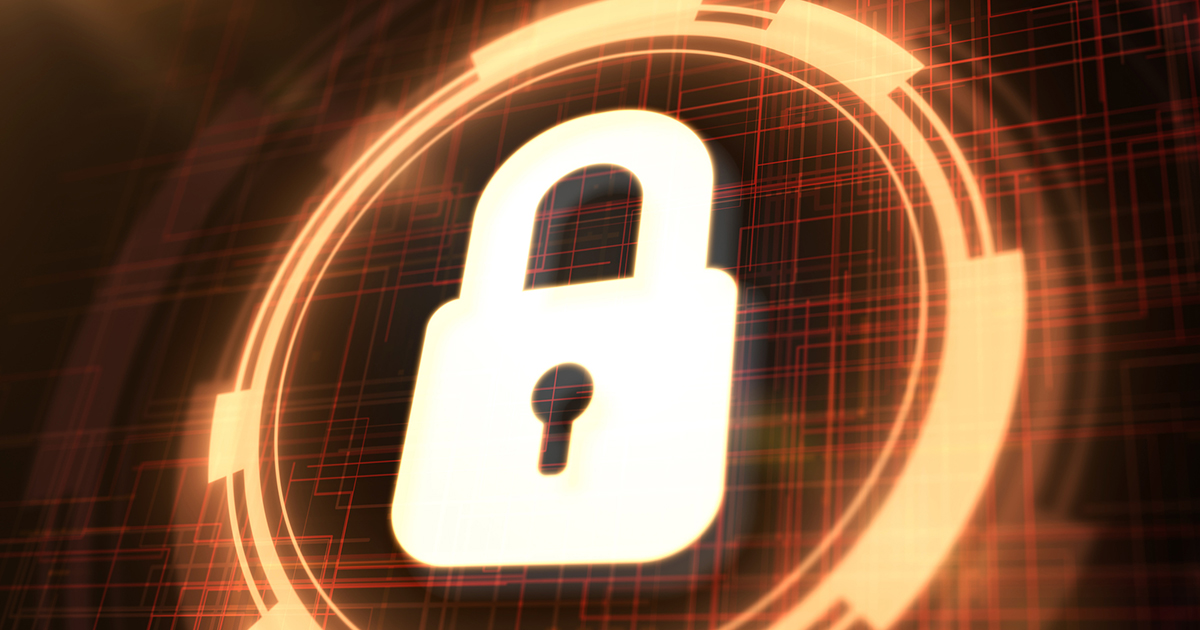Keeping your belongings, especially your money, safe has been a challenge, well, since forever. While hiding your cash under your mattress, inside a wall, piano leg or hollow door are savings security secrets of the past, there are important steps everyone should take to keep their online banking accounts secure.
Read on for tips to keep your finances safe while taking care of your banking needs online.
Keep your circle small.
When it comes to your financial information, the same principle for in-person interactions applies to your online actions—keep the number of people, and websites/apps, that have access to your account information limited. Just like you wouldn’t walk around sharing your account details with everyone you cross paths with each day, you shouldn’t enter your account information into every site you visit. Do some digging when you do decide to enter your credit card or account information to make sure you know where your account details will be used (some sites, especially social media, share your details with apps you authorize). Note: If you authorize third-party apps, such as QuickBooks, PayPal, etc., you may get a notification from Verve that your account has been logged into from a new device/app.
Lock your devices.
No, we don’t mean with a lock and key or putting your devices into a safe each time you set them down, BUT you should use the built-in security settings, such as setting up a username and password for your computer and a passcode or biometric security options for your mobile device. Locking your devices won’t bring them back if they are stolen, BUT it will make it harder for thieves to get into your device (and your bank account). If your computer or mobile device has antivirus software or a recent software upgrade, be sure to update it promptly to reduce the risk of fraudsters finding security loopholes.
Don’t make copies of your keys.
Just like your grandparents (or your grandparents’ grandparents) didn’t use the same key for everything, make sure the passwords you use for your device, online banking and other various apps are unique. When you are using different passwords for each website and app you use and a fraudster gets your email username and password, it’s harder for them to log in to your online banking account too if your login credentials are unique.
Say no to show and tell.
Before there were banks, people reviewed their finances in the privacy of their own homes. Taking a page from this history lesson, only log in to your online banking account from your private Wi-Fi or using your mobile device’s data plan. Accessing your online banking account from a public Wi-Fi network puts you at risk for local fraudsters who are lurking and waiting for you to let your guard down so they can make a copy of your details.
Lock and deadbolt your doors.
There’s the lock that’s part of your doorknob and then there’s the additional lock you add to your door, be it a rock at the base of the door, a chain or deadbolt, that added security gives robbers another step to take to break in. That’s two-factor authentication on your banking account (or any other website or app that offers it). While it can be a pain to enter your username and password AND a security code that’s texted to you (or another form of two-factor authentication), it really does help keep your account safe by adding another layer of protection to your account.
Keep your keys in different places.
So those grandparents, they didn’t keep all their spare keys in one spot, right? (Well, hopefully they didn’t anyway!) While using the “save password” feature available on most devices and website browsers is convenient, it’s not the safest practice, as it puts all your passwords in one place, just waiting for a hacker’s malicious software to find them. Instead, try a secure password management software or app to store all of your passwords under a different lock and key.
Don’t answer the door (or the phone!)
We’re all for catching up with old friends, but if someone comes calling (or knocking) and demanding your information, or payment to avoid jail time, we recommend “calling them back.” While there can be a lot of fear involved with financial decisions, especially when fraudsters threaten to throw you in jail if you don’t pay up, you can (and should) take time to think it through, call a friend (or local law enforcement) and develop a plan to address whatever concerns have arisen.
Verve is constantly on the lookout for cybersecurity threats and has an information technology team dedicated to keeping members’ account information safe. If you think your Verve account is at risk because you’ve given out personal information or you think you’ve been exposed to a scam, call Verve at 800.448.9228 or visit your nearest branch. One of our team members can review your account activity, as well as guide you on how to safeguard your account against fraud.
It’s Verve’s goal—in line with our guiding seven Cooperative Principles—to provide education, training and information to help our members stay financially fit. Verve is committed to keeping our members educated when it comes to their finances by providing details on financial risks and ways to stay safe. Help your friends and family keep their accounts secure by sharing this blog post.













